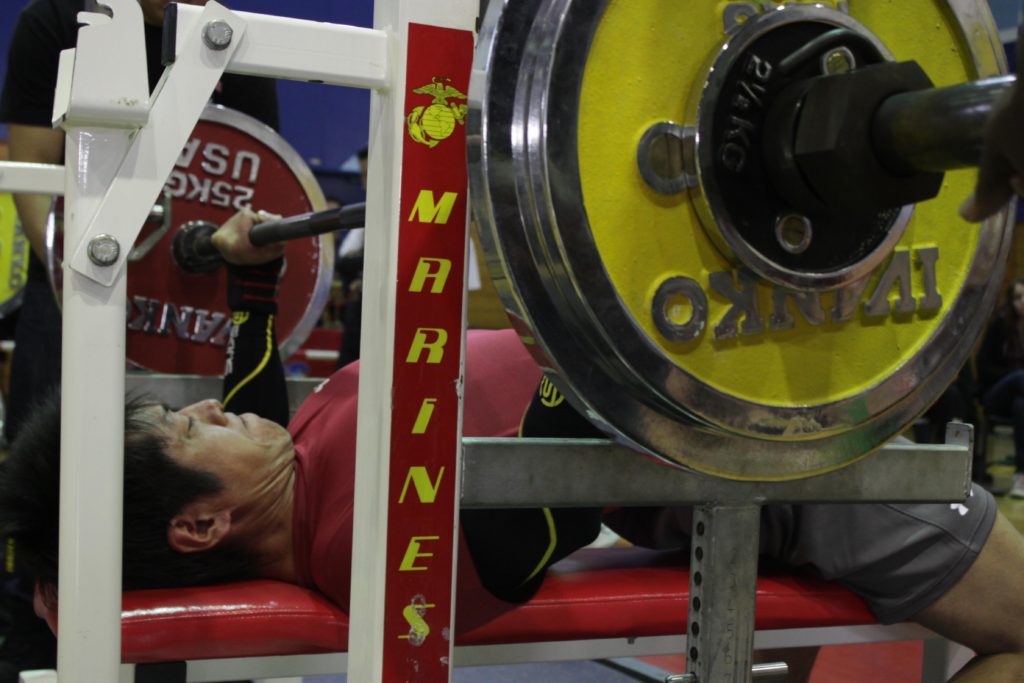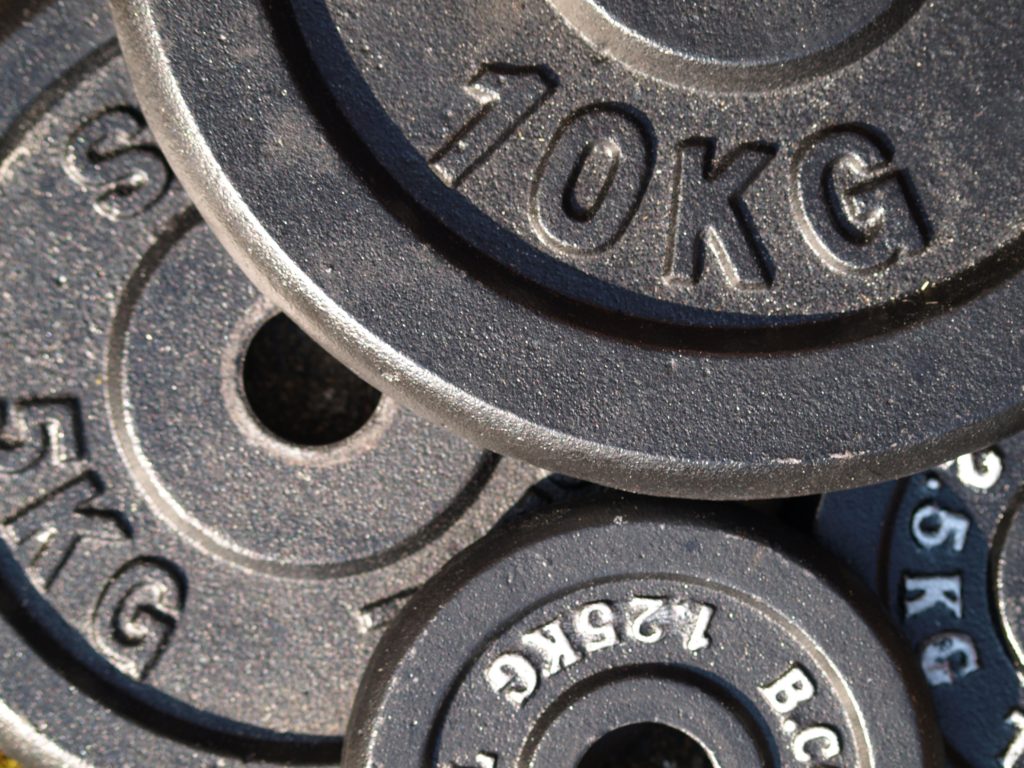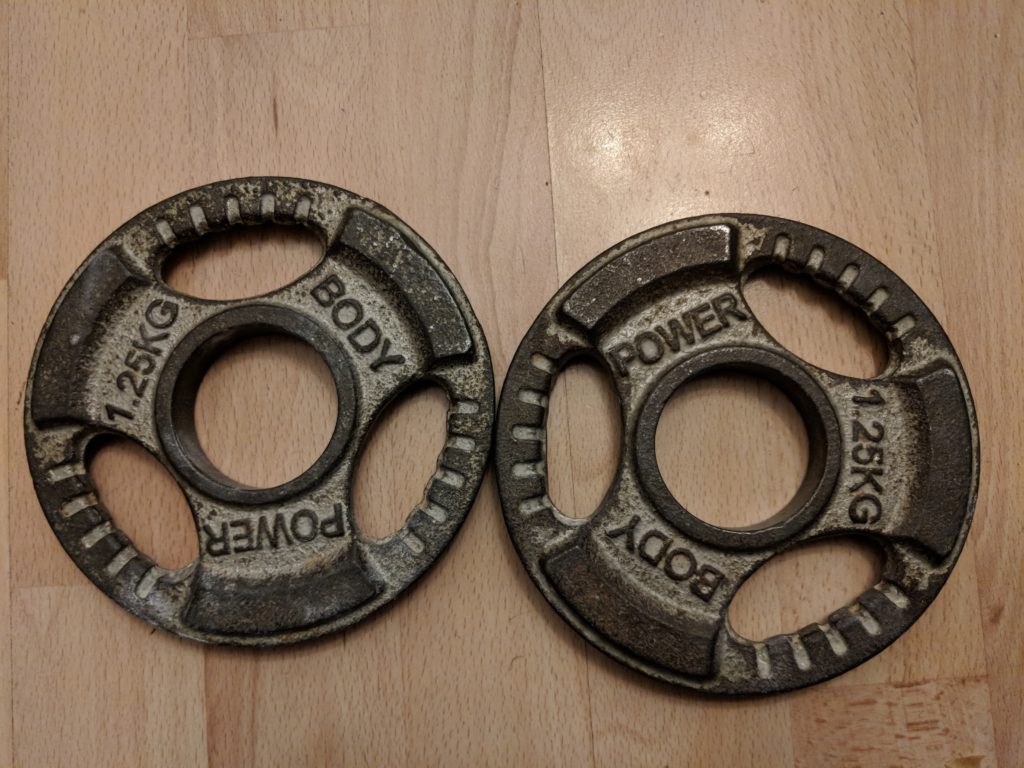In this article I’m gonna make the case for why you should consider slowing down the speed at which you attempt to progress your training.
If this sounds absolutely abhorrent to you, I understand. Don’t click away just yet, context matters.
I’m trying to help you to make better long (and even medium) term progress possibly at the expense of the short term.
Consider Your Strength Training Progression
To illustrate my point I want you to consider how much strength progress you’ve made on your bench press (or a similar lift) in the last year.

I’ll use a hypothetical example where an intermediate lifter has increased their bench from 135kg/297lbs to 150kg/330lbs over the last year.
They’ve added 15kg/33lbs to their max in the last year. This may not sound like a lot but it’s faster progress than most people who have a 300lb bench max will achieve.
If I were to tell someone at this level to try to add 2.5kg/5lbs to their working weights every 6 weeks most of them would act like this isn’t fast enough. They’d try to do it every week or two and wonder why they’re not progressing.
Like many things in life strength training progression follows diminishing returns. This means that the stronger you get, the longer it takes to make progress.
However if they had tried to add weight every 6 weeks instead of every 1-2 weeks that would be equal to increasing their working weights by over 20kg/45lbs in a year.
As their working weights would typically be around 65-85% of their max this would be equivalent to adding close to 25-30kg (55-66lbs) to their bench over the next year. This is almost double the rate of strength training progress that they achieved in the previous year.
Keeping diminishing returns in mind this is insane, their results are on a completely different level.
The Effects of Recovery on Progression
The better your various recovery factors (diet, sleep, stress management, natty status etc) the faster you’ll progress all other things being equal.
If you went from eating at a caloric deficit with poor quality food and sleeping 4 hours a day, to eating at a surplus with “clean” foods while getting 9 hours of sleep a night you’ll be able to dramatically increase your results as you get more advanced.
This isn’t a fair comparison though. When diet and other recover factors such as sleep are reasonably constant your strength training progression suffers from diminishing returns. Your training effectiveness has to change significantly to affect affect this.
I’m not even saying that the individual in the example above can add 25-30kg to their max in a year. At this level of strength a leaner natural lifter would be doing extremely well to add that much even with “perfect” diet, sleep and other recover factors.
Though they would still make better long term strength training progression trying to add weight every 6 weeks instead of trying to do it every week or two.

Think About How Often You’re Failing to Progress
Trying to progress too fast leads to frequently overshooting your RPEs, aka going to failure too often.
The amount of fatigue that you generate in comparison to the growth you stimulate from these workouts is far too high. This leads to frequent decreases in your performance and you spend half the time too fatigued to overload, having to deload too often and therefore achieve less long term progress.
This is also a more dangerous way to train and increases injury risk significantly.
If you’re reading this as a novice lifter this may not apply to you yet. You’re still at the wonderful stage where you can progress linearly at least every week. This could be exactly the right speed of progression for you. Though this is useful to bear in mind for the future.
Frankly I remember just wasting my time on a novice program for a few months after I couldn’t milk anything further out of linear progression. All the way back in 2012 I had bench pressed 90kg/200lbs for a 3*5 and I just couldn’t progress with the same routine. I was no longer a novice, at least on the bench press and would have done better switching to a program with longer timeframes for progression.
Trying to progress slower can lead to quicker progress in the long term which might seem counter intuitive at first.

Positive Training Momentum
Something else that’s important to consider is the power of positive training momentum. Hitting small PRs more frequently is better than hitting larger PRs less freqeuntly.
The more often you progress the better it is for your motivation and general psychology.
The human mind craves progress, some people more than others. Nevertheless even if you made the same amount of progress in a year progressing slower (even though I actually think long term progress would be faster as explained earlier) and more often it would be the better route to take.
This puts you in a better mental state for the future and applies to all areas of your life, not just training.
Smaller Weight Progression
Plenty of lifters don’t use one of the best tools when it comes to progression. Maybe they’ve actually reached a point where they’ve convinced themselves that they don’t even exist. I’m talking about 1.25kg/2.5lb plates.
You can buy even smaller microplates, but these are the smallest plates that most gyms carry.

For whatever reason a lot of lifters avoid these, if you suggest that they should use them they act like they’re allergic to them. It’s funny, it means that you have to wait at least twice as long to increase the load on the bar by making 5kg/11lb jumps. Some people don’t even want to use 5kg plates.
Load selection is a major tool that’s used for strength training progression and ignoring these plates lessens it’s effectiveness.
I’ve also heard the argument that because non-calibrated plates (which most gyms use) aren’t accurate it doesn’t really make a difference whether you use smaller plates or not.
This is nonsensical, if we took this logic to an extreme we’d only use the biggest 20kg/45lb plates for every exercise.
Imagine trying to progress on Overhead Press as a beginner and having to do multiple sets of 20 with the bar before being able to do even a single with 60kg/135lbs.
Now imagine trying to get a 100kg strict press while only being able to use either 20kg or 60kg as a training load, and also being the type of person who likes to add weight every 1-2 weeks….
Good luck.
Even if most plates aren’t perfectly accurate, smaller weight plates allow you to get closer to the actual weight you want on average, it only increases the degree of accuracy.
Consistency
If you’re an experienced gym goer I’m sure this sounds familiar to you.

There’s a guy at your gym and everytime you see him he tells to you about his new supplement stack and his new high volume body part split where he takes every set beyond failure. That is when you see him.
He goes through phases of being obsessed with training and phases of barely/not training at all for 2-4 weeks. He never seems to make any sort of long term progress. Whereas you know someone else who consistently shows up week in week out and trains hard but never absolutely destroys themselves in the gym and they make better progress without burning themselves out.
Don’t take this as me telling you to never train extremely hard. If you never push the limits of what you can take how do you know where that line is? Trust me I’ve been past it a few times.
The point is that it’s much better to consistently push at 90% week in week out than to go through 2-4 week phases alternating between training at 110% and 10%.
Consistency is king.
I can understand why they get burnt out too, it’s demoralising to be putting so much time and effort into your training when you’re getting little no results especially when you have plenty of other thing in life that require your attention.
I hope this article has made you think about your strength training progression and that you’ve taken away something to implement to help your long term progress.
Interested in coaching to take your progress to the next level?